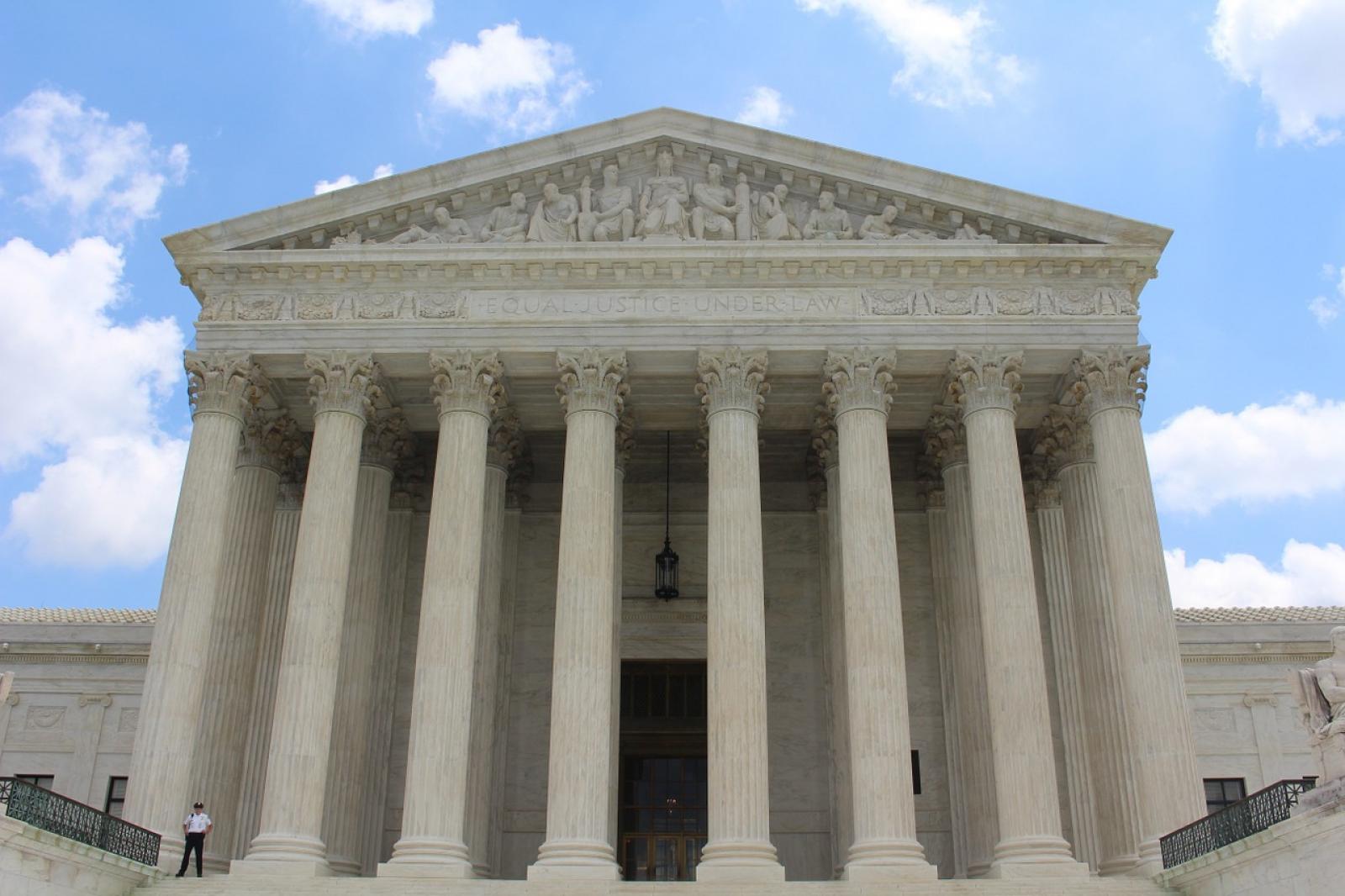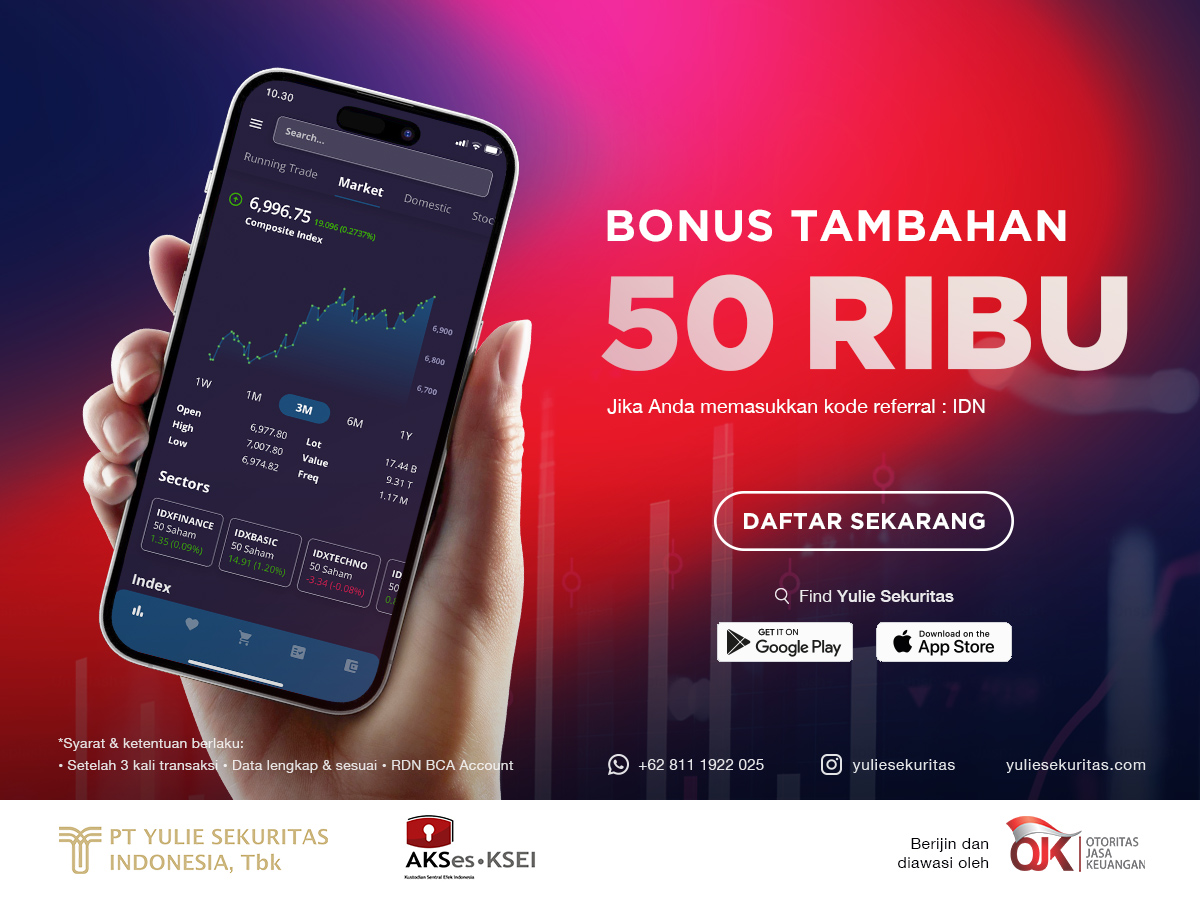Economic recovery overshadowed by bankruptcy and PKPU lawsuits

JAKARTA. The national economic recovery carried out by the Indonesian Government after the Covid-19 pandemic continues to be overshadowed by bankruptcy and PKPU (Delay of Debt Payment Obligations) lawsuits, according to HHP (Hadiputranto, Hadinoto & Partners) Law Firm.
Andi Y. Kadir, Senior Partner and Head of the Dispute Resolution and Restructuring & Insolvency Practice Groups HHP Law Firm, said that bankruptcy and PKPU cases are not only legal issues, but also involve economic aspects.
"In the debt restructuring process, we are not only talking about infrastructure [Law No. 37/2004] is adequate or not, but also about the recovery rate for creditors and companies [debtors] which through the PKPU process have become healthy companies or have actually become zombie companies," said Kadir, in a written statement.
Kadir added that currently the implementation of the PKPU and Bankruptcy Law (UU No. 37/2004) is considered less consistent. As a result, the debt restructuring process is protracted and the recovery rate is still relatively low, so that the cost of financing in Indonesia is higher compared to other countries.
"In the end, higher cost financing actually disrupts economic recovery," said Kadir.
Apart from that, said Andi, the implementation of arbitration clauses often eliminates the authority of commercial courts to examine credit agreements that are subject to foreign law. "That's actually not good for the development of Indonesian law," explained Kadir. (KR/LM)

